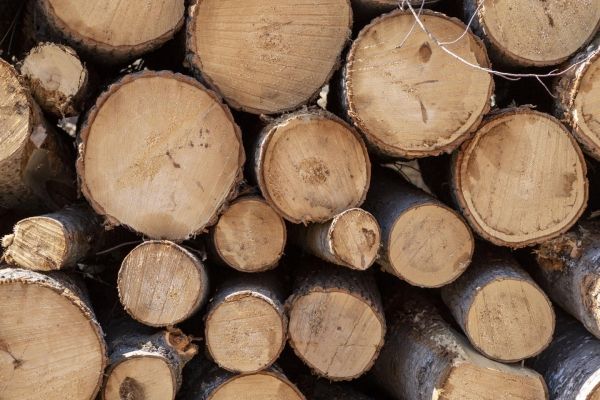In an aspen-dominated hardwood forest at the northern tip of the state’s Lower Peninsula, University of Michigan scientists are testing ways to make the region’s forests more resilient to climate change.
About 12,000 mature trees—mostly aspen—are being cut on 77 acres at the U-M Biological Station, a 10,000-acre research and teaching facility just south of the Mackinac Bridge, near the town of Pellston.
The idea of the UMBS Adaptive Aspen Management Experiment is to replace some of the century-old aspen with a mix of tree species and age groups that may be better equipped to handle a warming climate, extreme weather events, and stresses such as insect pests.
The harvesting started in March, paused in May for bird-nesting season and student summer research, and will be completed in September. By the time it’s done, about 200 truckloads of logs will have been hauled to a nearby mill for processing into wood siding and trim for homes.
Read more at University of Michigan
Image: Closeup of logs cut as part of the UMBS Adaptive Aspen Management Experiment at the University of Michigan Biological Station. The experiment is testing ways to make northern forests more resilient to climate change. About 12,000 mature trees --mostly aspen -- are being cut on 77 acres at the Biological Station. (Credit: Roger Hart, University of Michigan Photography)


